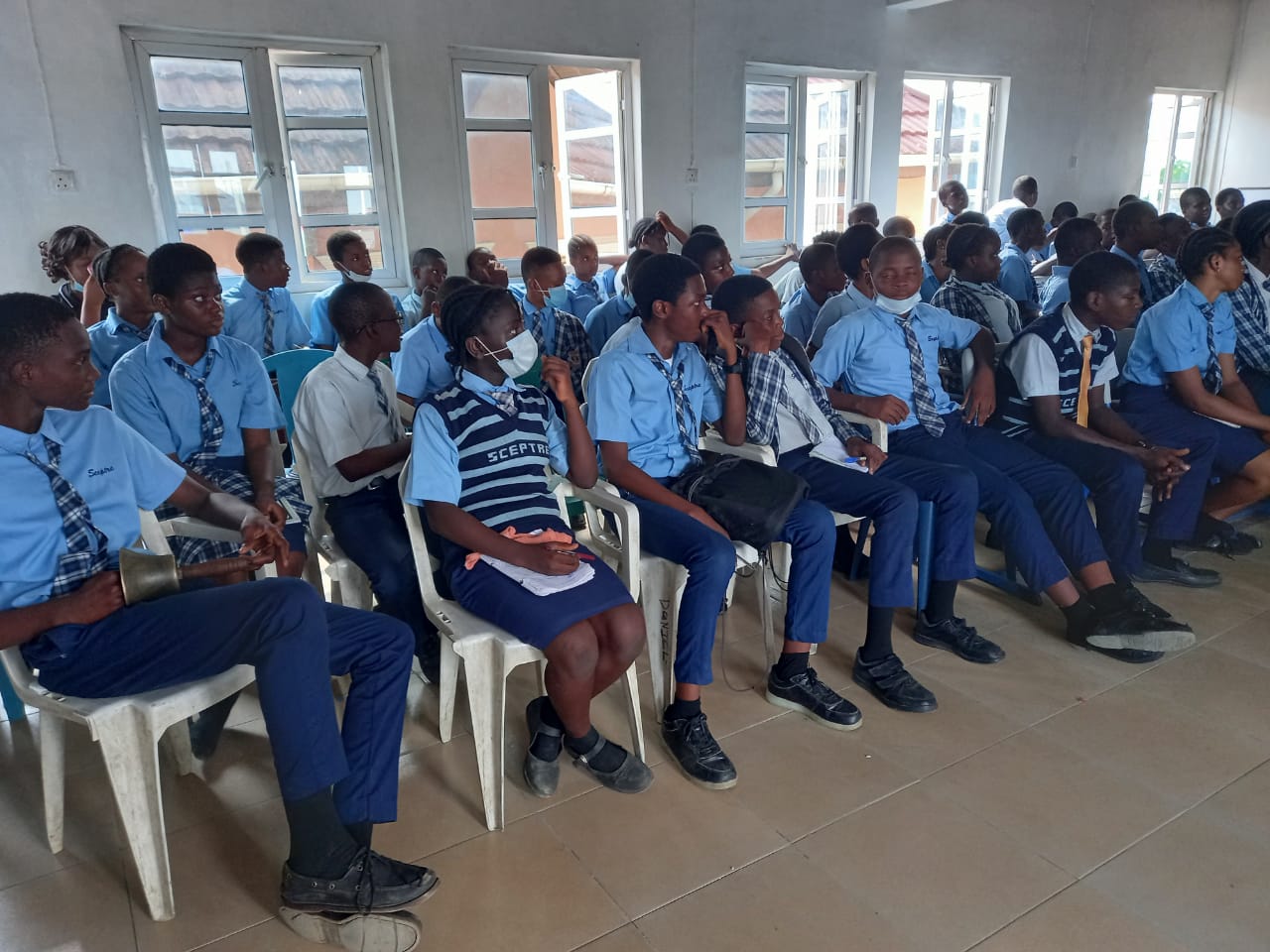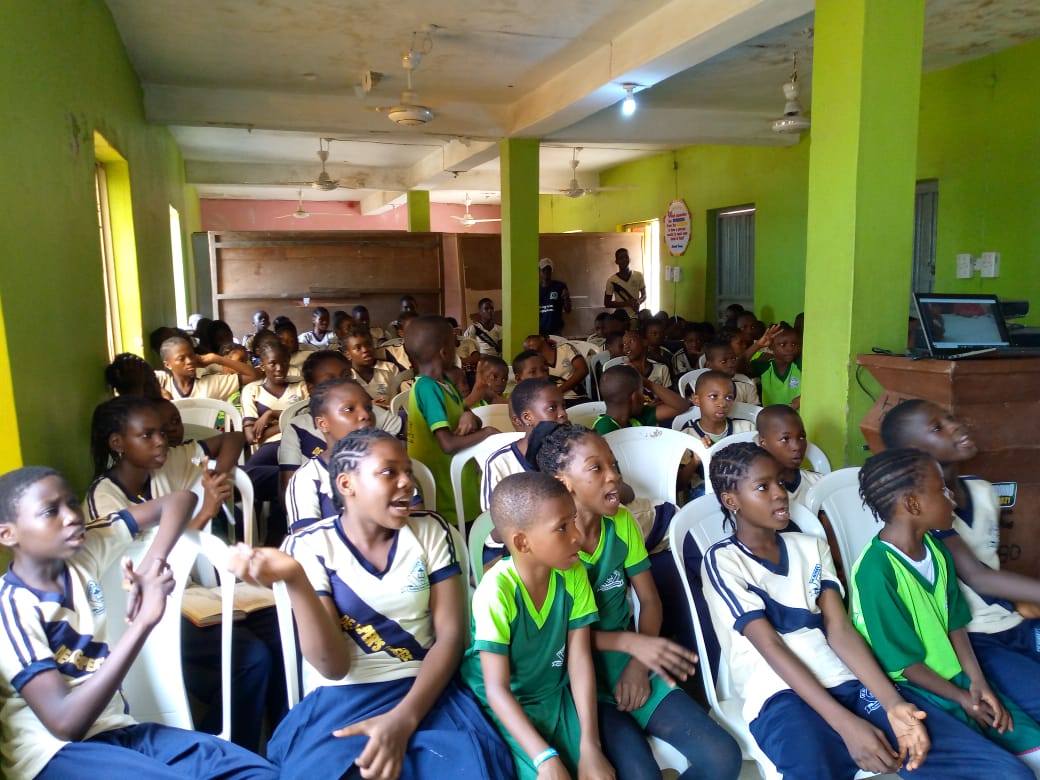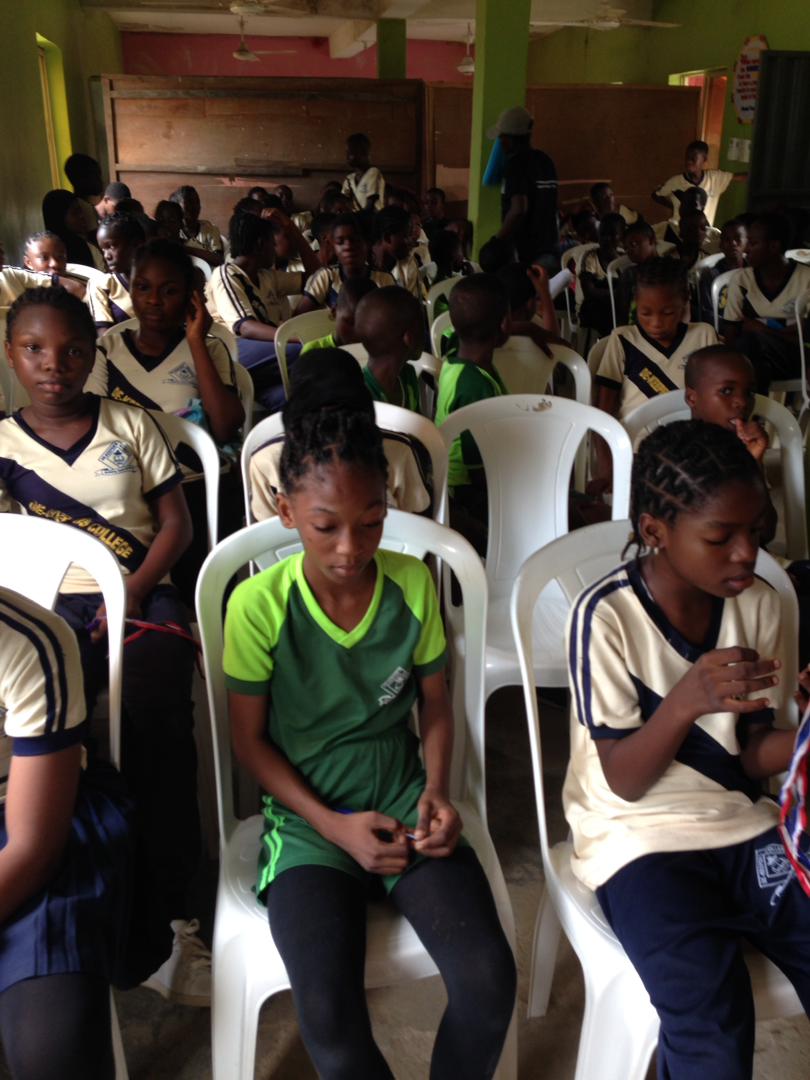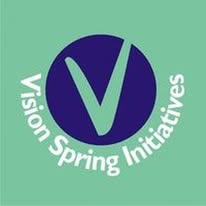
In 2010, International Planned Parenthood Federation (IPPF) defined comprehensive sexuality education (CSE) as a rights-based approach that seeks to equip young people with the knowledge, skills, attitudes, and values they need to determine and enjoy their sexuality – physically and emotionally, individually and in relationships. One of the evidence-based benefits of CSE as reported by UNESCO in 2009 is that when used in combination with other actions, it can contribute to preventing early and unprotected sexual activity, rather than encouraging this, as feared by some. Available data from the National HIV/AIDS and Reproductive Health Survey (NARHS) 2014 report the median age for sex debut in Nigeria as 17 years. The data also shows that there was an initiation of sexual intercourse sometimes at the age of 10. It further revealed that most sexually active adolescents do not practice contraception. This can be detrimental to their health and wellbeing. Just like adults have the right to lead a healthy life, adolescents and young people equally have the right to lead a healthy life and society has the responsibility of providing them with comprehensive sexual health education that enables them to make a healthy and informed decision.

In 2019, Vision Spring Initiatives through its #GirlImpact project developed a two-year training manual that focused on comprehensive sexuality education for adolescents and young people. The manual which is comprised of Year 1 and 2 sessions has six modules each. Topics ranged from self-esteem, gender and sex, career choices, friendship, and love to dating and romantic relationships, and reproductive rights. Information provided in both manuals is age-appropriate and supports knowledge and education for adolescents and young people in the age range of 12 – 19 years.
Partnering with two secondary schools in Kosofe and Ikorodu LGA in Lagos state, VSI commenced the first year of the project in 2019. VSI also trained 15 Sexual and Reproductive Health and Rights youth advocates who serve as volunteers for the weekly sessions with the students.
In order to enable a safe space for students to ask questions and interact, VSI provided Pandora boxes in the schools where students can drop their questions anonymously. At the end of Year One, VSI collated 60 questions from the students. These questions centered on sex and gender, gender roles and stereotypes, contraceptive use amongst others. These questions have been responded to in VSIs maiden edition publication titled voices. This strategy is to ensure that young people who are not beneficiaries of VSI training can find answers to questions on SRHR and other issues.

The reproductive health and rights of adolescents and young people are a growing global priority. In 2015, the United Nations produced a 2016-2030 global strategy for women’s, children’s, and adolescents’ health. In 2019, the Lagos State Government launched two policy documents titled Dissemination of The Strategic Implementation Framework for the Lagos State Youth Policy and Comprehensive Sexuality Education (CSE) Curriculum and Teaching Manual which serves to guide young people in decisions around their sexuality. These are steps in the right direction and Vision Spring Initiatives is glad to contribute to this global vision of ensuring that no one is left behind.
Information on sexual and reproductive health and rights must be age-appropriate, comprehensive, and accessible for adolescents and young people. Proponents have argued for school-based sexuality education as a means of empowering adolescents to gain control over their bodies and lives and to improve reproductive health outcomes.
In 2021, VSI launched her first report of the #GirlImpact project titled ‘Voices’. The report includes experiences from the youth SRHR volunteers and answers to questions asked by the students. The report can be accessed for free here
